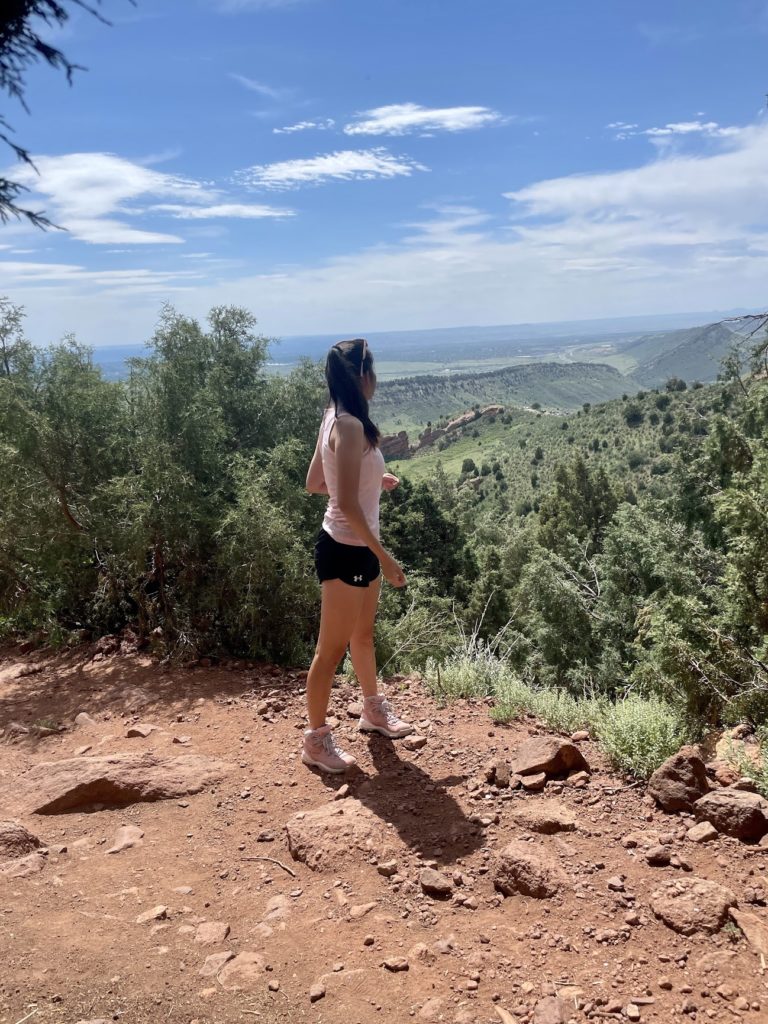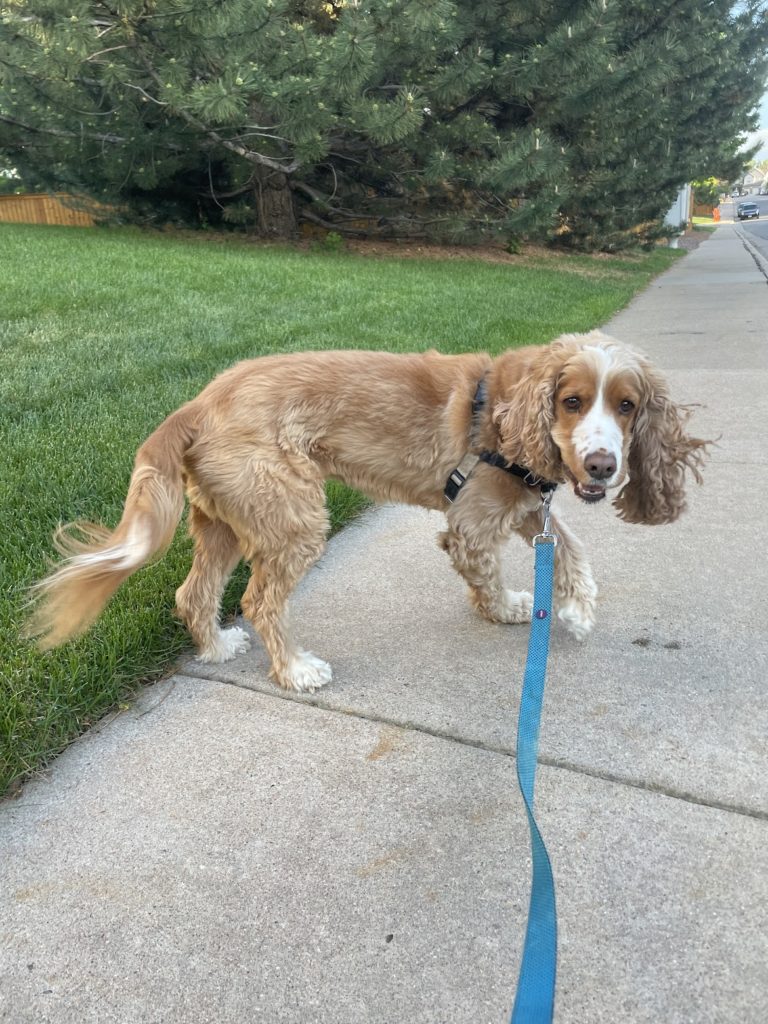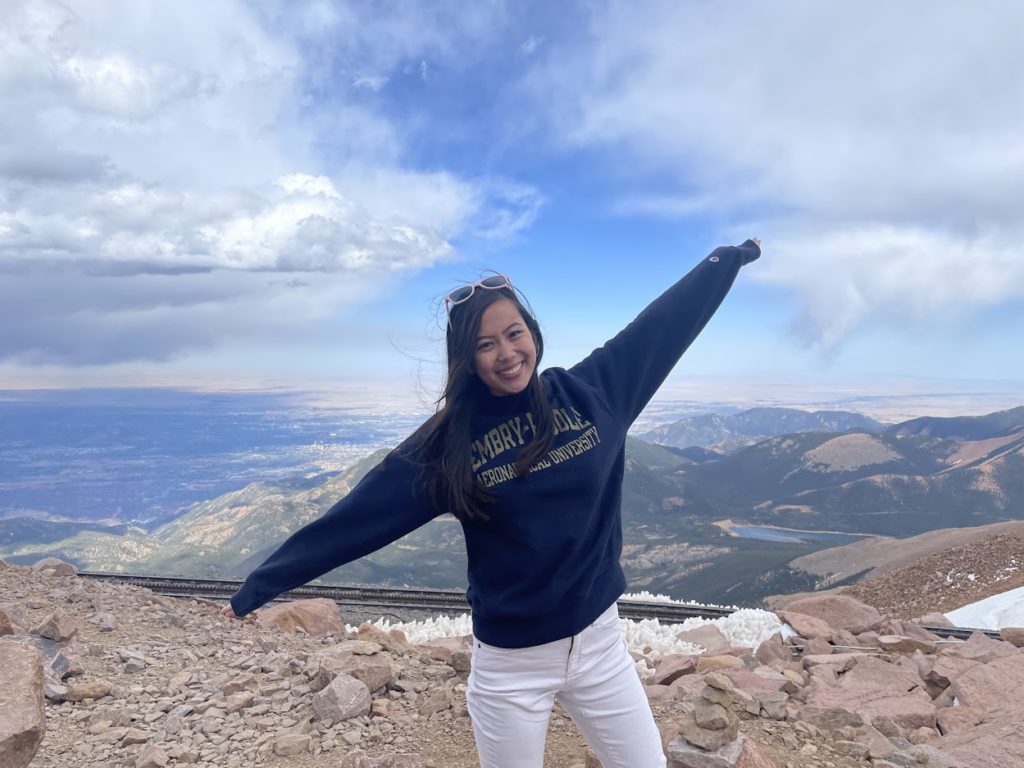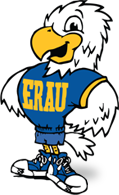Make the most of your internship.
My internship ended almost a month ago, which means now is the time to look back on it and think about what I’ve learned. Of course, I learned a lot of technical skills and gained industry experience, but non-technical things are also important. Just because a skill isn’t technical doesn’t mean it isn’t valuable- for example, communication is a great “soft” skill that is essential to every workplace. So, here’s a list of some of the major non-technical things I learned from my internship!
1. You are not going to know everything and that’s okay. What you do know will still help!
That was certainly true for me. I had my ERAU education which was a good foundation. However, internships and jobs are not like the world of academia. Problems in academia are designed under certain simplifying assumptions. However, in real life, these assumptions are not always valid. Yes, you’ll likely be using in-class concepts to work on aircraft or rockets instead of, say, a baseball being thrown in a projectile motion problem. However, the aircraft or rocket problem takes more things into account than the baseball problem.
A lot of jobs have specific software that they like to use, and you might not be familiar with it. For example, ERAU uses CATIA for computer modeling, but several companies use different computer modeling software like AutoCAD or Solidworks. That doesn’t make your CATIA skills useless, it just means that you’ll have to adapt to a new software.
2. You might not use everything you’ve learned in class. That’s pretty normal- they’re not useless and unrelated, but your specific job might not use those concepts.
For example, I took statics and solid mechanics at ERAU and never once used them in my internship. To be fair, I was a systems engineer and not a structural/stress engineer. I had no real reason to use those concepts when there were full-time structural and stress engineers whose entire jobs were to analyze the structure of different aircraft. My roommate was a structural engineer, and she ended up using the concepts she learned in solid mechanics and structures classes during her internship. It really depends on what type of internship you have. It’s also good to know what type of internships to look for. If you don’t like your structures classes, then don’t look for structures internships and jobs.
3. Get to know your coworkers, both full-time and your fellow interns. They’ll make a good job even better.
I’m serious! If you’re having a slow day, your coworkers will make it go a lot faster. I also feel more comfortable asking questions of people I know rather than people who feel like strangers. Knowing your coworkers may also help you in your downtime- if you share similar interests, they may be able to provide recommendations. For example, some of my fellow interns were Colorado natives and suggested some hiking trails.

4. The work week is 40 hours; there are 168 hours in a week. Do fun things when you’re not at work!!
In my time at SNC, on average, I worked 40-hour weeks. Sure, we got holidays like Memorial Day and the Fourth of July off, but on a regular week, I worked 40-hour weeks. This allowed me to do fun things on the weekend and on the weeknights. I went hiking, went to the Denver cat cafe, Colorado Rockies games, Pike’s Peak, Elitch Gardens (an amusement park), the Cheyenne Mountain Zoo, and over to friends’ apartments. During the course of my internship, I stayed in an Airbnb, and my Airbnb host had a dog. She was more than happy to let me take him for walks, which was a good exercise for both of us!
5. If you don’t like your job, that’s okay- but try and find a job you do like!
Not everyone will like their first internship- and that’s okay. I loved mine, but I have a few friends who didn’t like theirs. Instead of choosing to be miserable, I noticed that they would ask other people about their jobs and see what they were like. As I mentioned before, you likely won’t use every single class from your degree in real life. I liked my internship, but I also liked a few of my other classes and never got to see the course content used. So, I ended up asking around to see what other jobs did, and I found interest in a few other jobs. I want to keep exploring my options, so I’ll probably apply for internships like the other jobs to see if I like those, too!
That’s the last tip I have! Hopefully, you enjoyed my three-part series about obtaining an internship, what to do when you’re not working, and my concluding thoughts. I enjoyed writing the posts and definitely enjoyed the internship! I currently don’t have an internship for next summer, but the cycle is just starting and I’m excited to see what I do next. I’ll see you in the next post… and hopefully at Riddle!




